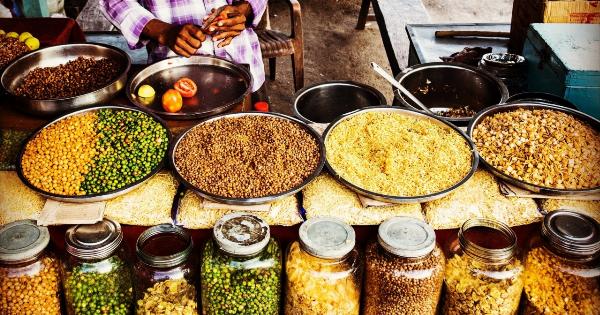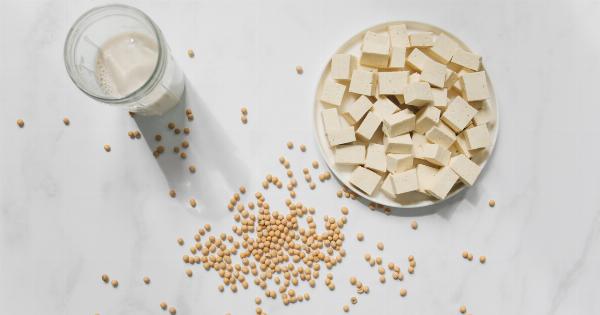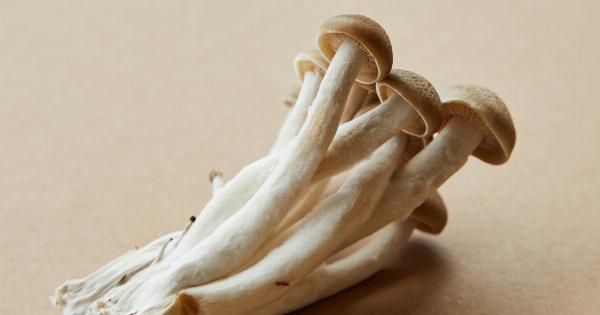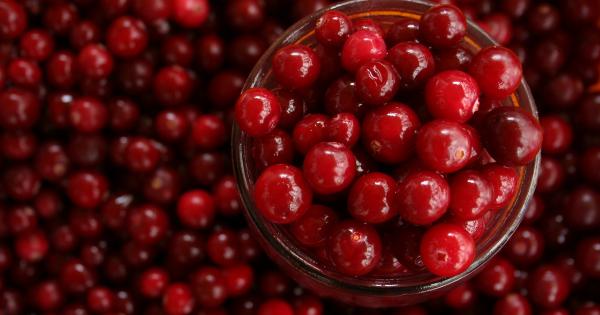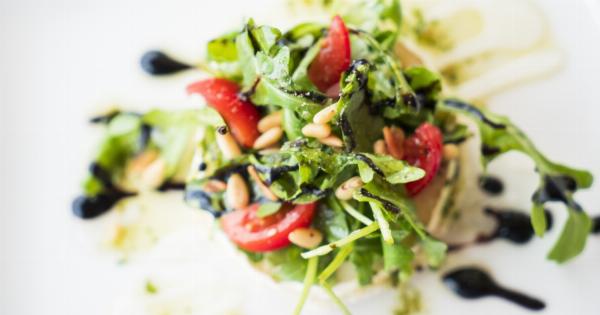When it comes to building muscle mass, protein is an essential nutrient. While most people rely on animal-based sources of protein like chicken, beef, and fish, there are plenty of vegetables that are high in protein too.
Vegetables are not only a great source of protein, but they also provide other essential nutrients like fiber, vitamins, and minerals. In this article, we will discuss the top 15 high-protein vegetables for building muscle mass.
1. Edamame
Edamame is a soybean that is commonly eaten as a snack or added to salads. One cup of cooked edamame contains around 17 grams of protein, making it an excellent vegetarian source of protein.
It is also a good source of fiber and healthy fats, which can help with muscle recovery after workouts.
2. Spinach
Spinach is a leafy green vegetable that is rich in iron, calcium, and other vitamins and minerals. It is also high in protein, with one cup of cooked spinach containing about 5 grams of protein.
Spinach is also low in calories, making it an excellent option for those who are watching their weight.
3. Broccoli
Broccoli is a cruciferous vegetable that is high in fiber, vitamin C, and other nutrients. It is also high in protein, with one cup of cooked broccoli containing about 4 grams of protein.
Broccoli is also known to have anti-inflammatory properties, which can help with muscle recovery after workouts.
4. Asparagus
Asparagus is a spring vegetable that is low in calories and high in nutrients. It is also high in protein, with one cup of cooked asparagus containing about 4 grams of protein. Asparagus is also a good source of fiber, folate, and vitamins A and C.
5. Brussels Sprouts
Brussels sprouts are a cruciferous vegetable that is high in fiber, vitamin C, and other nutrients. They are also high in protein, with one cup of cooked Brussels sprouts containing about 4 grams of protein.
Brussels sprouts are also known to have anti-inflammatory properties, which can help with muscle recovery after workouts.
6. Kale
Kale is a leafy green vegetable that is high in fiber, vitamin C, and other nutrients. It is also high in protein, with one cup of cooked kale containing about 2.5 grams of protein. Kale is also a good source of folate, and vitamins A, K, and C.
7. Artichokes
Artichokes are a thistle-like vegetable that is high in fiber, vitamin C, and other nutrients. They are also high in protein, with one cup of cooked artichokes containing about 4 grams of protein.
Artichokes are also known to have antioxidant properties, which can help reduce muscle damage caused by exercise.
8. Peas
Peas are a legume that is high in fiber, vitamins, and minerals. They are also high in protein, with one cup of cooked peas containing about 9 grams of protein. Peas are also a good source of iron, which is important for muscle function and recovery.
9. Lentils
Lentils are a legume that is high in fiber, vitamins, and minerals. They are also high in protein, with one cup of cooked lentils containing about 18 grams of protein.
Lentils are also a good source of iron, which is important for muscle function and recovery.
10. Chickpeas
Chickpeas are a legume that is high in fiber, vitamins, and minerals. They are also high in protein, with one cup of cooked chickpeas containing about 15 grams of protein.
Chickpeas are also a good source of iron and magnesium, which are important for muscle function and recovery.
11. Sweet Potatoes
Sweet potatoes are a root vegetable that is high in fiber, vitamins, and minerals. They are also high in protein, with one medium-sized sweet potato containing about 2 grams of protein.
Sweet potatoes are also a good source of vitamin A, which is important for muscle function and recovery.
12. Corn
Corn is a starchy vegetable that is high in fiber, vitamins, and minerals. It is also high in protein, with one cup of cooked corn containing about 5 grams of protein.
Corn is also a good source of vitamin B6, which is important for muscle function and recovery.
13. Avocado
Avocado is a fruit that is high in healthy fats and nutrients. It is also high in protein, with one medium-sized avocado containing about 4 grams of protein.
Avocado is also a good source of fiber, potassium, and vitamin E, which can help with muscle recovery after workouts.
14. Mushrooms
Mushrooms are a type of fungus that is low in calories and high in nutrients. They are also high in protein, with one cup of cooked mushrooms containing about 3 grams of protein.
Mushrooms are also a good source of vitamin D, which is important for muscle function and recovery.
15. Green Peppers
Green peppers are a low-calorie vegetable that is high in vitamin C and other nutrients. They are also high in protein, with one cup of chopped green peppers containing about 2 grams of protein.
Green peppers are also a good source of fiber and vitamin A, which can help with muscle recovery after workouts.
Conclusion
As you can see, there are plenty of high-protein vegetables that can help with muscle building and recovery.
Incorporating these vegetables into your diet can not only help you reach your fitness goals, but they can also improve your overall health and well-being.


















